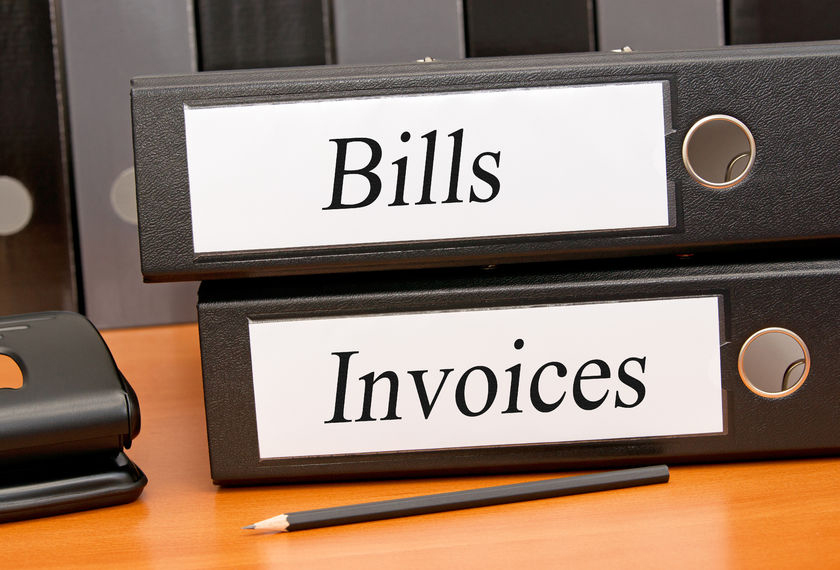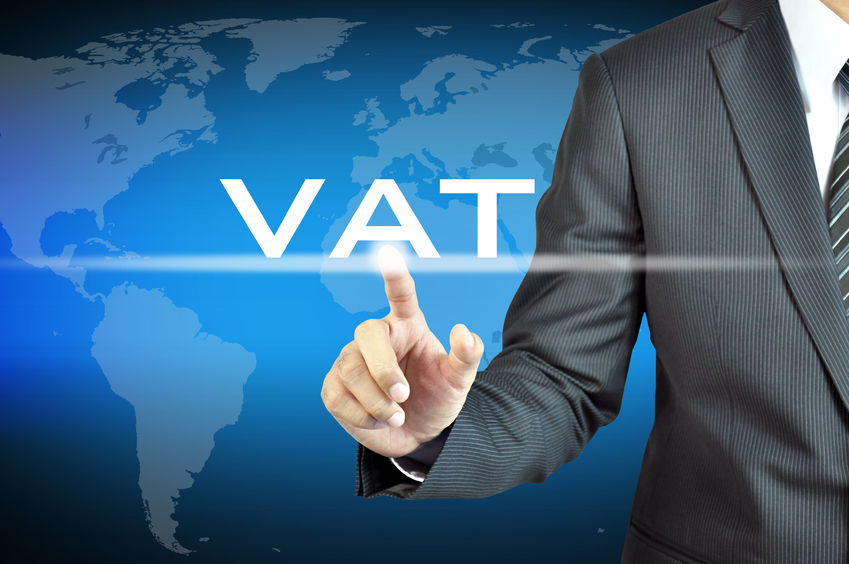Value Added Tax (VAT) is one of the most complex tax regimes. So, when not applied properly will result in businesses overpaying or underpaying VAT. The VAT rate is high, which means mistakes in calculating VAT returns can be costly. It is important to consider the rigid system of penalties and interest charges for mistakes and the late submission of VAT returns. We provide an efficient and cost effective VAT service. It includes assistance with VAT registration and deregistration. Also, it includes advice on VAT planning and administration. Furthermore, we would use of the most appropriate VAT scheme, VAT controls and reconciliations. We would prepare the VAT returns and submit them on your behalf. Finally, we would negotiate with HMRC in case of disputes.

What you need to know
You are required to register for VAT, if your total sales for the previous twelve months, (or since you began trading) exceeds £83,000. You have to register if you believe that your turnover in the next 30 days alone will exceed the above registration limit. You are legally obliged to inform HMRC within 30 days from the end of the month in which your turnover exceeded £83,000. In normal circumstances you will be registered for VAT from the first day of the following month. In addition, you can voluntarily register at any time with the HMRC for VAT even if your turnover is below the limit It is worth noting that there are penalties for failing to register on time. Goods and services liable to VAT are known as ‘taxable supplies’ and once registered you must charge VAT on them. However, VAT doesn’t apply to everything. Supplies which are specifically not subject to VAT are referred to as ‘exempt’. Examples of exempt supplies are insurance, financial services, postal services, health and education. Be aware that there are exceptions in every category. The amount of VAT payable or receivable to/from HMRC is the difference between your output tax on your sales and input tax on your purchases. The VAT due is normally payable each quarter following the submission of a VAT return. However, under certain schemes the payments can be made monthly.
Three rates of VAT returns in the UK:
VAT returns schemes:
- standard accounting
- cash accounting
- annual accounting, or
- flat rate scheme
Please do not hesitate to contact us, if you are unsure whether you should register for VAT. Or if you need advice regarding the best VAT scheme for your business.



